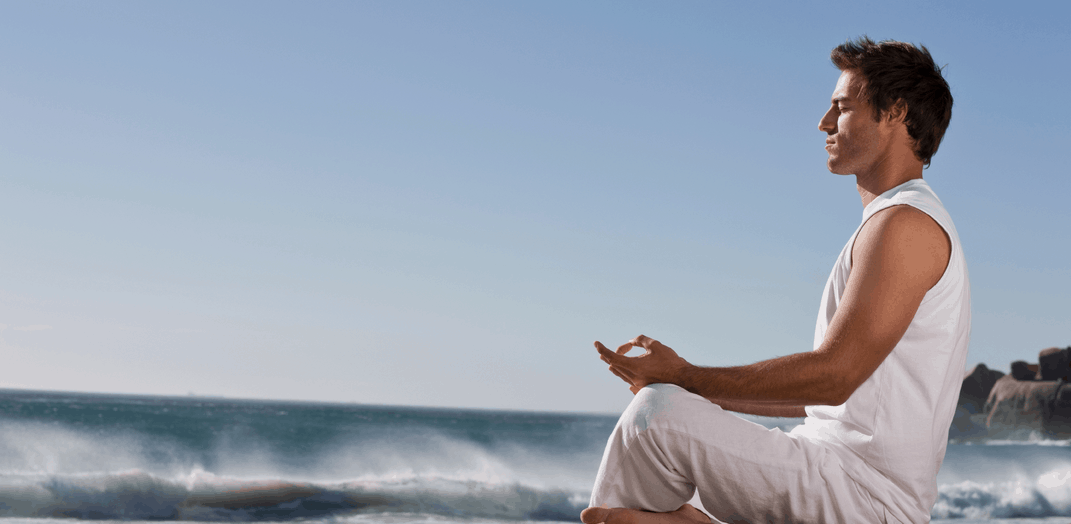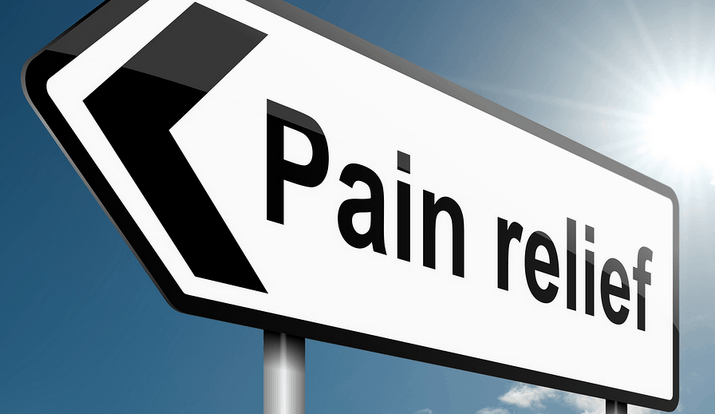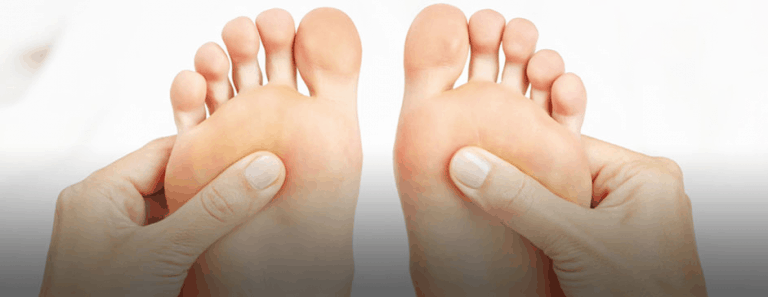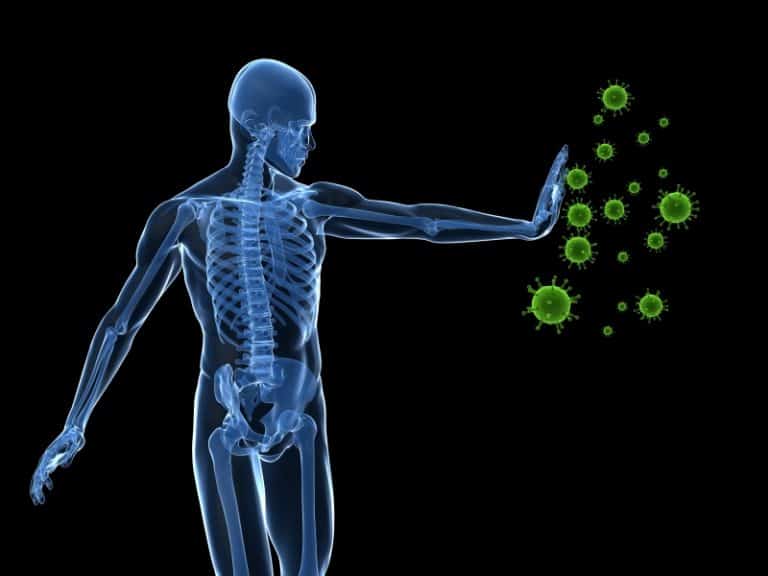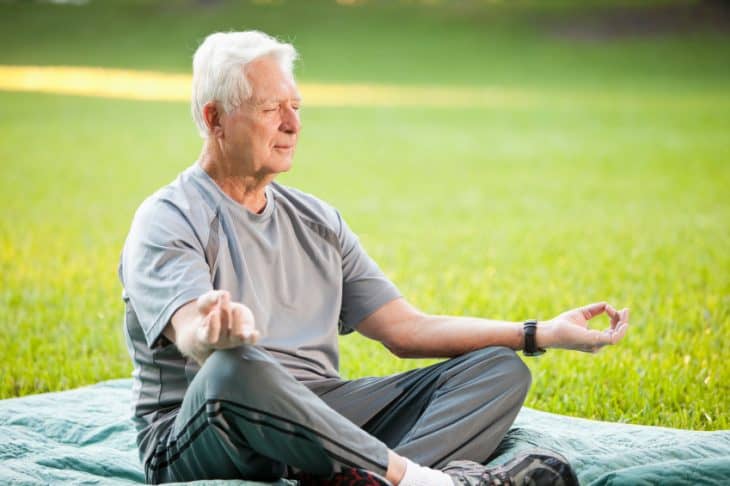Meditation for prostatitis is an alternative treatment that can be very effective in lowering stress and anxiety in men who suffer from chronic prostatitis/chronic pelvic pain syndrome (CP/CPPS). Stress and anxiety are closely tied in to prostatitis pain because they cause inflammation in the body and can trigger tension in the pelvic floor. Tension and dysfunction of pelvic floor muscles are responsible for causing pain for about half of the men with CP/CPPS. Having prostatitis can also exacerbate stress and anxiety.
Stress and anxiety levels can climb due to the frustration of dealing with a long-term chronic condition that is difficult to treat. Having a painful chronic condition like CP/CPPS can cause men to have stress, anxiety, and depression, so doing meditation and following other stress management strategies are important components of any CP/CPPS treatment program. Addressing the mental component of one’s health is essential to having whole-body health.
Meditation has many advantages. It does not cause negative side effects, it can be done almost anywhere, and it is free.
Meditation requires no special equipment. However, it does take commitment and discipline, and while you may experience benefits right away, it may take some patience in getting used to it. It does offer great long-term health benefits, and it can be addicting. Meditation offers lasting positive benefits for relieving stress that increase with practice.
How Does Meditation for Prostatitis Work?
Even though meditation is considered an alternative treatment, it gets a lot of support from the medical community. Many studies have demonstrated that meditation has positive benefits in alleviating stress, normalizing blood pressure, and boosting immunity.
There are several different meditation techniques you can try, but they all share some common elements such has having a quiet mind, being in the present, and an altered state of consciousness. There are two categories of meditation: mindfulness and concentration.
Both concentration and mindfulness can be combined. Concentration involves focusing on one object or sound or mantra outside of oneself. Mindfulness is a state of being engaged in the moment without over thinking or overanalyzing things. Mindfulness meditation has been well researched and is especially effective at reducing anxiety, stress, and depression. Practicing mindfulness strengthens areas of the brain that are associated with relaxation while it weakens areas involved with stress.
Meditation has many different techniques associated with it. Some methods have the person sit in a comfortable position and clear their mind; others are oriented around an activity, such as engaging in a repetitive activity like gardening, yoga, artwork, or even walking to get into a zone. Some people find that meditation can be spiritual and in the form of prayer, and others feel more fully aware of the present moment.
Other Treatments Related to Meditation
Having CP/CPPS can feel overwhelming and can take a toll on your psychological state. If you feel stressed, depressed, hopeless, or extremely worried about your prostatitis, try doing meditation and other stress-relieving treatments that can help support your mental health. If you are really affected, then undergoing cognitive behavioral therapy can help you to change harmful or negative thought patterns and catastrophizing into more realistic and productive thoughts. The negative thought patterns can actually make your pain worse and last longer, so it is important to turn that line of thinking around for your health. Learning how to have a positive outlook will help you heal, and doing meditation can help you decrease anxiety you might have about the future.
If you feel that you could benefit from trying some stress management techniques for prostatitis, talk to your physician. Besides doing meditation for prostatitis, you may want to meet with a therapist and start doing some stress-relieving techniques like yoga, tai chi, and exercise. Some alternative treatments that can also help you relax are acupuncture or biofeedback.

